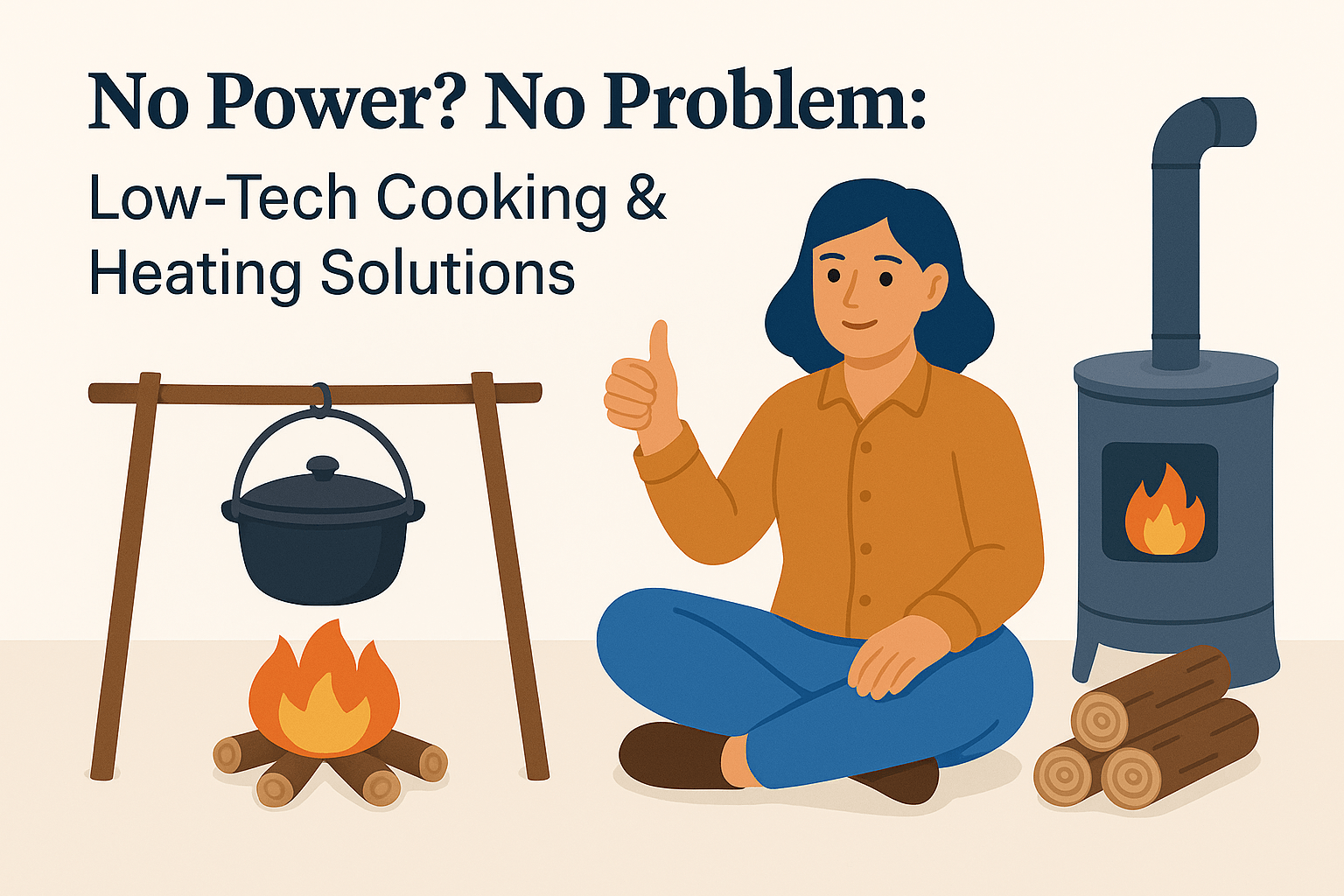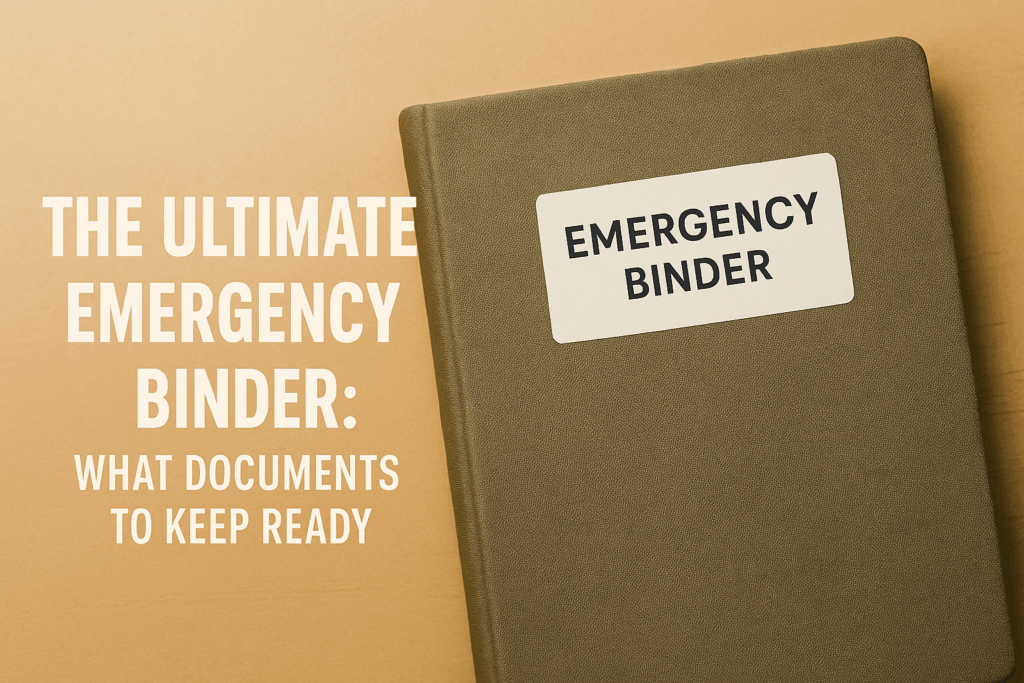We’ve all been there—power goes out, the house goes quiet, and suddenly you realize just how much you rely on electricity. No microwave, no oven, no heat… and dinner plans? Gone. But before you panic or reach for another granola bar, take a breath. Humans have been living and cooking without power for most of history. With the right know-how, you can feed your family, stay warm, and feel more in control—without flipping a single switch. This isn’t about prepping for the apocalypse—it’s about being ready for real life. Let’s walk through simple, effective off-grid cooking methods that can make a huge difference when the lights go out.
Why Knowing Off-Grid Cooking Methods Is Just Smart
Power outages are more than just inconvenient—they can be downright stressful, especially when they last longer than expected. That’s why having a few tried-and-true off-grid cooking methods in your back pocket is so valuable. Think of it like an insurance policy for your stomach and sanity. Whether it’s a storm, blackout, or just a fun camping trip, being able to cook without electricity gives you freedom and peace of mind. Plus, there’s something deeply satisfying about mastering a simple, self-reliant skill. Your future self will thank you.
Rocket Stoves: Small Tools, Big Results
One of the most efficient off-grid tools you can own (or build) is a rocket stove. If you’ve never used one, imagine a compact little stove that turns twigs into a powerful cooking flame. It’s lightweight, low-smoke, and works like a champ with minimal fuel. You can make one from old metal cans or buy one pre-made for under $100. Perfect for boiling water or cooking a hot meal when the grid is down, rocket stoves are the ultimate blend of low-tech and high-efficiency. Honestly, once you try it, you might wonder why you didn’t get one sooner.
Cook With Sunshine: Yes, Really
It might sound a little “hippie,” but solar ovens are surprisingly effective—and pretty fun. On a sunny day, you can slow-cook a stew, bake cookies, or warm leftovers using nothing but sunlight. These ovens use reflective surfaces and a bit of insulation to trap heat, kind of like a mini-greenhouse for your food. They’re quiet, smoke-free, and totally off-grid. And if you’re crafty, you can DIY one with a cardboard box, aluminum foil, and an old window pane. It’s one of those off-grid cooking methods that turns a challenge into a science experiment—with lunch as the reward.
Cast Iron Cookware: Your New Best Friend
When it comes to cooking without power, cast iron is the MVP. These rugged, heavy pans hold heat beautifully and can handle fire, coals, or even a rocket stove. Got a Dutch oven? You’ve basically got an off-grid slow cooker. You can make soups, stews, fresh bread—even pizza if you get creative. Cast iron isn’t just tough—it’s timeless. It may take a bit of maintenance (hello, seasoning), but the results are worth it. And if you’re learning off-grid cooking methods, this cookware gives you both flexibility and flavor.
Staying Warm When the Heat Goes Out
Let’s be real—cooking is important, but when the power’s out in winter, staying warm is just as critical. If you don’t have a fireplace or wood stove, you’ll need to get clever. Terracotta pot heaters (yes, those clay flowerpots!) and tealights can generate a surprising amount of localized heat. Propane camp heaters work well, too—just make sure there’s proper ventilation. Layer up, insulate windows with blankets, and keep to one or two rooms to conserve warmth. Pairing safe heating options with solid off-grid cooking methods means you’re covered on both fronts: full belly, warm toes.
Wrapping It Up: Be Your Own Backup Plan
You don’t need a cabin in the woods or a survival bunker to benefit from learning off-grid cooking methods. This is about having options—practical, empowering, low-tech solutions you can use anytime life throws a curveball. Try them out on a weekend. Cook a meal outdoors. Bake bread in a solar oven. The more familiar you are with these methods, the more confident you’ll feel when the lights go out. And honestly? You might even find you enjoy the slower, simpler way of doing things.




